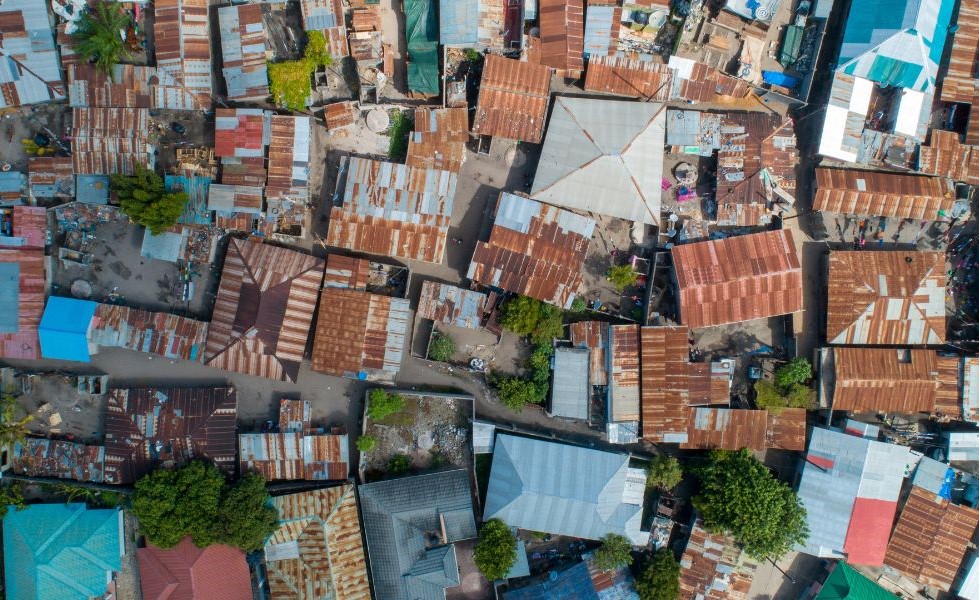
Principal Investigator: Ibrahim Msuya
Project leader/ Coordinator: Irene Moshi
Project Administrator: TBC
Funding Partner: : Korea Foundation for International Healthcare (
Start date: Dec. 1, 2023
End date: May 31, 2024

Health Equity Promotion Project for the Marginalized living in Urban settings in Dar es salaam, Tanzania - "HEPP"
The Health Equity Promotion Project for the Marginalized Living in Urban Settings in Dar es Salaam, Tanzania (HEPP) seeks to improve health equity by increasing access to medical care for the vulnerable population residing in urban slums and informal settlements, with the goal of achieving Universal Health Care (UHC) in urban settings.
Implemented by Ifakara Health Institute, the project is an initiative of the Tanzania government through the Regional Administration and Local Government (PO RALG). In 2022, the government planned to implement the health equity promotion project for the marginalized living in urban slums in Dar es Salaam.The project is funded by the Korea Foundation for International Healthcare (KOFIH).
The project has four key interventions components;
- Refurbishment and rehabilitation of community-based health facilities such as district hospitals, health centers and dispensaries including water, sanitation and hygiene (WASH).
- Lead community health issues through the participatory program such as empowering local people, developing a holistic approach and ensuring ownership.
- Strengthen the urban health and health equity stewardship of health authorities.
- Evidence generated from the proposed baseline assessment will be used to support the implementation of interventions.
By applying a multi-method inquiry method, the HEPP will involve the use of both quantitative and qualitative approaches i.e., household surveys in the selected wards/streets, health facility data extraction, interviews, extraction of DHIS2 data, household observation of the surrounding environment, focus group discussion at the household level, and in-depth interviews with the local leaders, healthcare providers and managers.
Implementation of the project will focus on specific areas within Dar es Salaam City, namely Kinondoni, Kigamboni, Temeke, and Ubungo Municipalities. The target demographic includes households in slums and marginalized areas, seeking healthcare services in the selected wards/streets.
